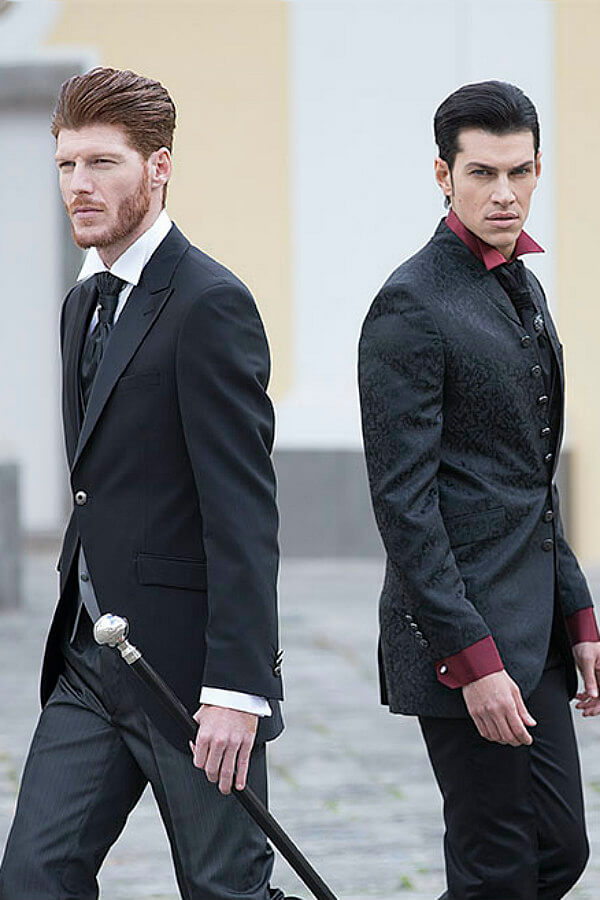Angel Vivaldi (born June 13, 1985) is an American guitarist, songwriter, producer, philanthropist and environmentalist. Voted 3rd 'Best Guitarist' in 2014 by Prog-Sphere, he began his solo career in 2003. Vivaldi has self-released 5 records, Revelations, The Speed of Dark, Universal Language, Away With Words- Part 1, and Synapse.In 2015, he released a cover of Joe Satriani's Crystal Planet single. In Italian with English subtitles. Inspector Federico Vivaldi is an old-school cop in a new world: his son is gay, his wife has left him and an ambitious colleague is angling to take over his position. He may be old-fashioned, but he's resilient enough to find his way in his new reality. Plot Summary Add Synopsis. Tchaikovsky was gay at a time when it was illegal in Russia. His marriage was designed to stop people gossiping about his love life – but it turned into a source of.
Let me show you Facts about Antonio Vivaldi if you want to know the Italian Baroque teacher, virtuoso violinist, composer and cleric. He was born on 4 March 1678 in Venice with the full name Antonio Lucio Vivaldi. He was passed away on 28 July 1741. Due to his wonderful skill and works, he had influenced the next generation of musicians in the world. Find out more facts about Vivaldi below:

Facts about Antonio Vivaldi 1: the famous works
There are many types of works that that Vivaldi created during his life. There were many instrument concertos that he made for the violin. He also worked for 40 operas and sacred choral works. The Four Seasons is the famous series of his violin concertos.
In the world of heavy metal, Angel Vivaldi is a bit of an anomaly. And not just because he is one of the genre’s few openly gay performers. The New York-based solo guitarist has a style and talent. No - ordained as a priest in 1703, Vivaldi was never married. In later life, there were suggestions of a relationship with a young singer Anna Tessieri Giro, but no evidence exists to suggest such.
Facts about Antonio Vivaldi 2: Ospedale della Pietà
Ospedale Della Pietà was a home for the abandoned children. In 1703 till 1715 and 1723 till 1740, Vivaldi was employed in the home and he was ordained as a Catholic Priest there.
Antonio Vivaldi Image
Vivaldi Gay News
Facts about Antonio Vivaldi 3: the success
Vivaldi was a successful composer. His operas were performed not only in Venice but also in Vienna and Mantua. He wished to get the preferment after he moved to Vienna and had a meeting with Emperor Charles VI. Get facts about Amy Beach here.
Facts about Antonio Vivaldi 4: poverty
It was very surprising to know that he was not rich. He had to live in poverty less than a year after his arrival in Vienna. The preferment from the emperor was not realized since Charles VI died soon after the arrival of Vivaldi.
Facts about Antonio Vivaldi 5: the music
His music was in the darkness after his death. But in the 20th century, his music came into the light. Now he is considered as one of the most popular baroque composers in the world. Some people consider Vivaldi as the second greatest composers after Johann Sebastian Bach. Bach stated that most of his works were inspired by the works of Vivaldi. Find out another musician in Antonin Dvorak facts.
Facts about Antonio Vivaldi 6: parents
Let’s find out the parents of Vivaldi. He was the son of Giovanni Battista Vivaldi and Camilla Calicchio. At first, his father worked as a barber before he became a professional violinist.
Facts about Antonio Vivaldi 7: learning to play violinist
Vivaldi was taught by his father to play violin. He often took him for a tour to Venice to play this musical instrument. Due to his wonderful skill and musical knowledge, he could work at Ospedale Della Pietà when he was 24 years old.
Facts about Antonio Vivaldi 8: death
Vivaldi died on the night of 27 or 28 July 1741 due to an internal infection at the age of 63.
Facts about Antonio Vivaldi
What do you think on facts about Antonio Vivaldi?
November Edge Conversations will revisit this 2010 book which simultaneously reveals, challenges, and issues a call to change. The author, Claude Steele, PhD, encapsulates the purpose as: “examining identity contingencies—the things you have to deal with in a situation because you have been given a social identity, because you are old, young, gay, a white male, a woman, Black, Latino, politically conservative or liberal, diagnosed with cancer, and so on.”
Steele is a paradigm-shifting social psychologist known for coining the term “stereotype threat,” with Joshua Aronson, PhD. In their landmark research, they demonstrated that Black students from Stanford who were informed that a brief standardized test measured their intellectual abilities before taking the test performed worse than white peers who received the same framing. The effect did not exist when groups were told the test was experimental and not diagnostic of intellectual capacity.
They defined “stereotype threat” as the risk for individuals of confirming a negative stereotype as a self-characterization when the stereotype is known to oneself and others. The book is deeply rooted in engaging examples and data from research.
Without spoiling the title story, Whistling Vivaldi uses touchstones from the lives of individuals and from research to examine themes like:
- Identity’s link to intellectual performance
- Broadening the view of identity
- Pervasiveness of experiences of stereotype threat
- How cues drive stereotype threat
Chapters 9 to 11 serve as guides for subverting these and other risks via strategies for creating “identity safety” and for creating community that emerges from “becoming alert to how the features of a setting affect people and change them,” with steps for:
- Mitigating stereotype threat
- Reducing the distance between us
- Seeing identity as a bridge to connect us

Vivaldi Gays
This concise read (216 pages) also delivers wisdom specifically for researchers and academics with content:
- Revealing the desultory nature of research progress
- Examining the tendencies for individuals to segregate
- Providing ideas applicable in the classroom and in mentoring
- Speaking to the responsibilities of institutions to enable “people from different backgrounds to work comfortably and well together.”
Steele is Professor of Psychology at Stanford and prior Executive Vice Chancellor at UC Berkeley, credited in that leadership role with accomplishing meaningful change by “improving the campus climate through the African American Initiative and the diversification of campus leaderships from the athletic department to deanships.” In his own words, he values the “twin missions of excellence and access…[and] building a more inclusive community.” He concludes, “For academic freedom to be meaningful in the experience of our students, staff and faculty,…[universities have] to be a place where everyone has a sense of belonging and of being valued.”
Vivaldi Gaylord
Join the Edge for Scholars community on the weekend of November 14 and 15 for a drop-in discussion of the underpinnings of stereotype threat and the path to change. You can find the book club on Facebook. The group is open, no registration required, and you are welcome to share the link.
Enjoy the read. Please capture your thoughts, key quotes, and related links to share in the discussion.
Vivaldi Gaya
Other Resources:
